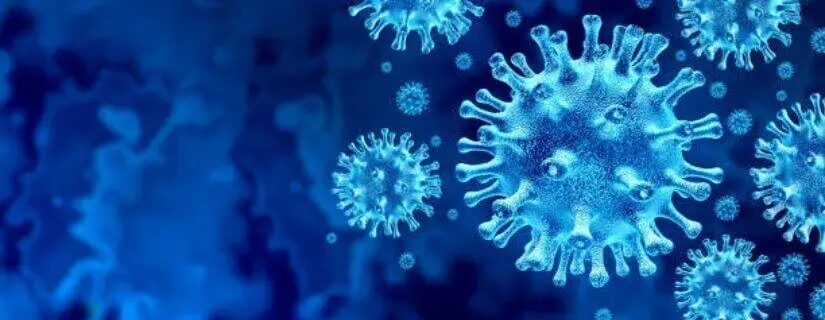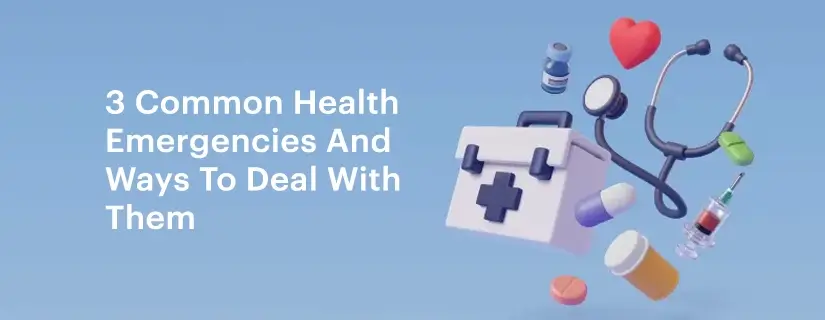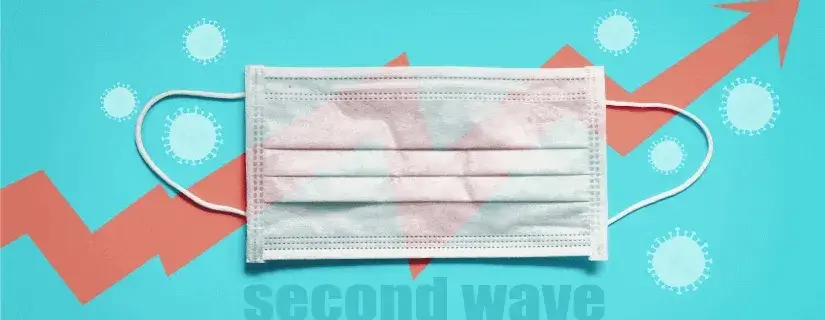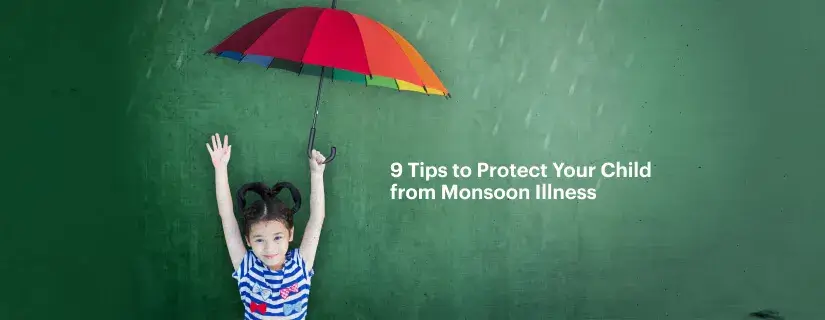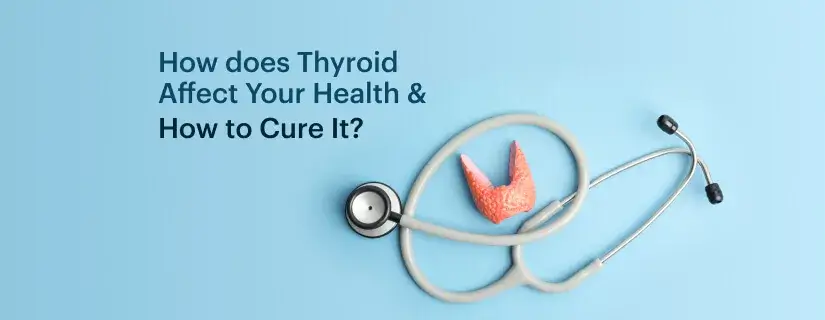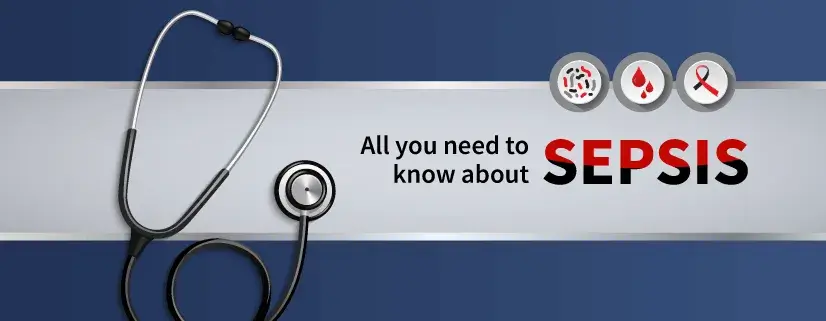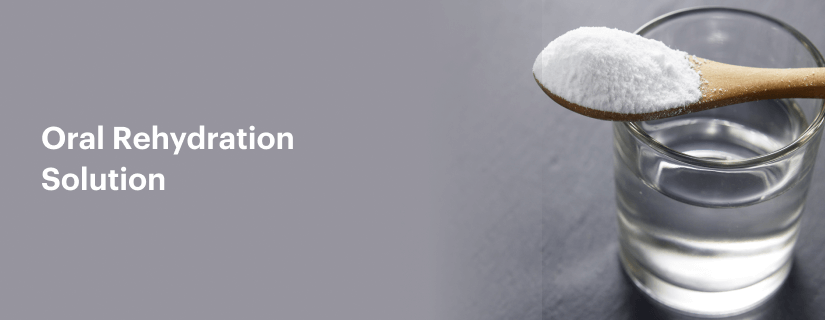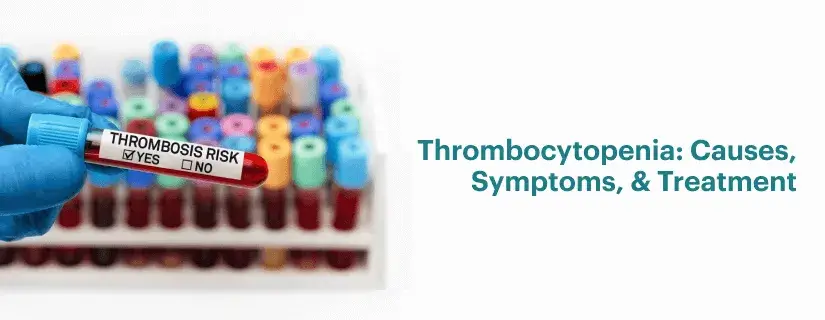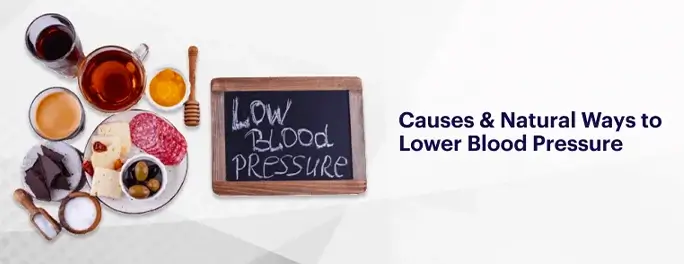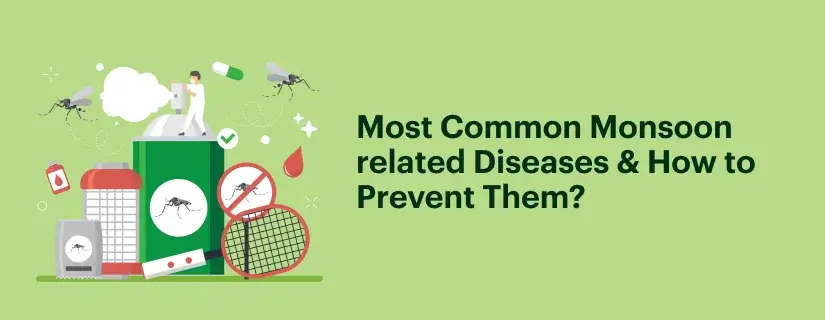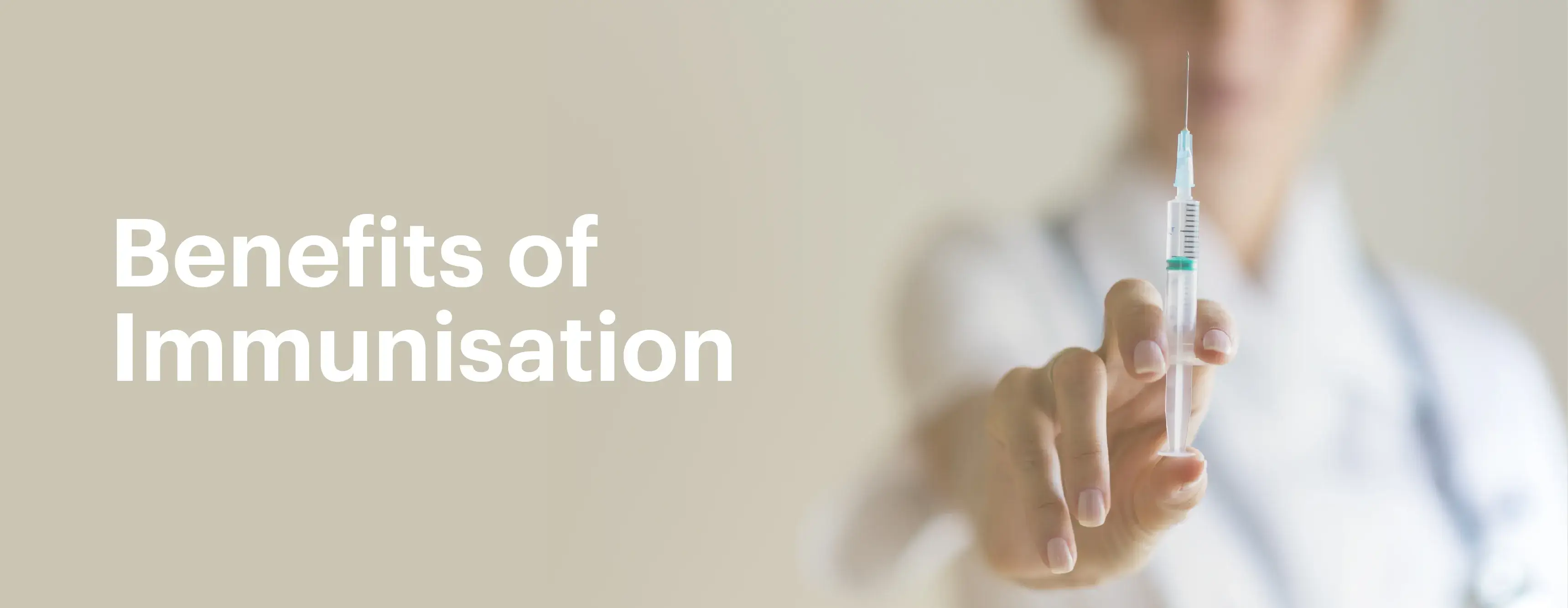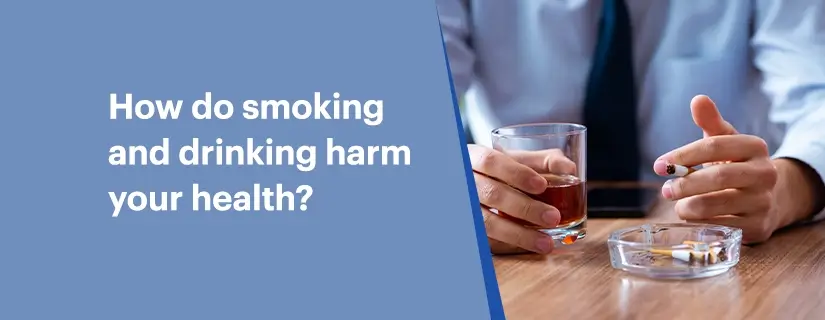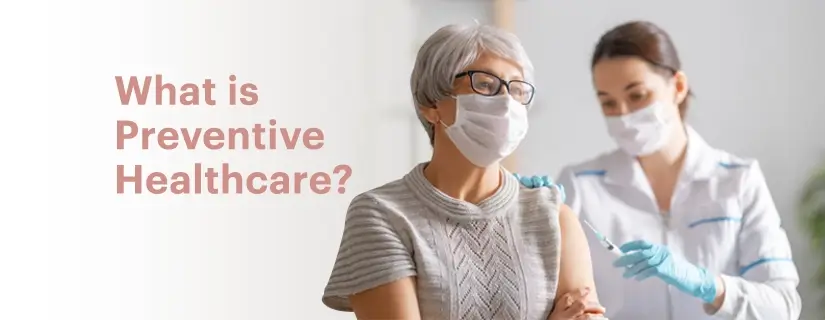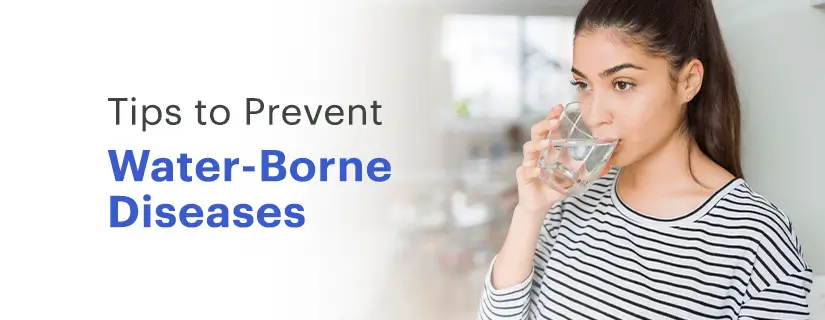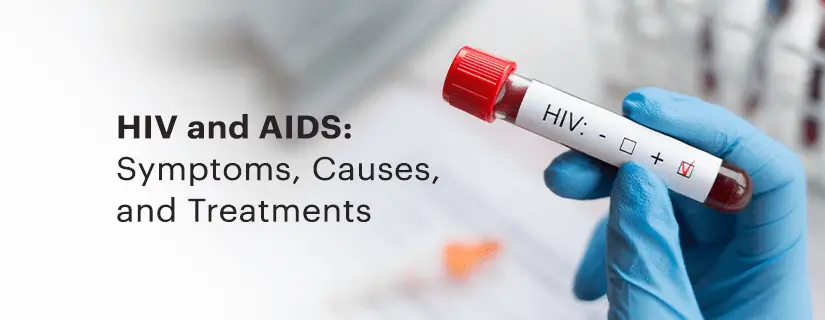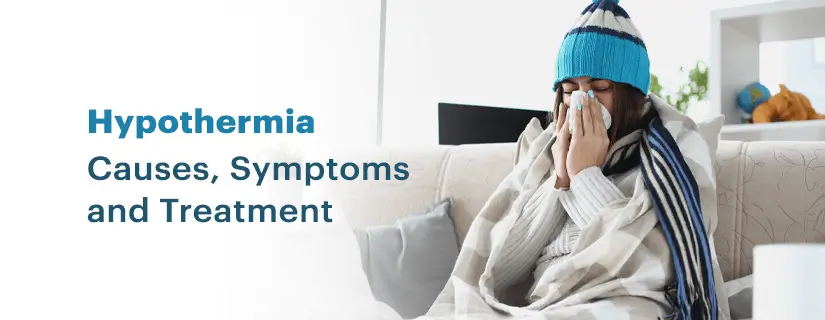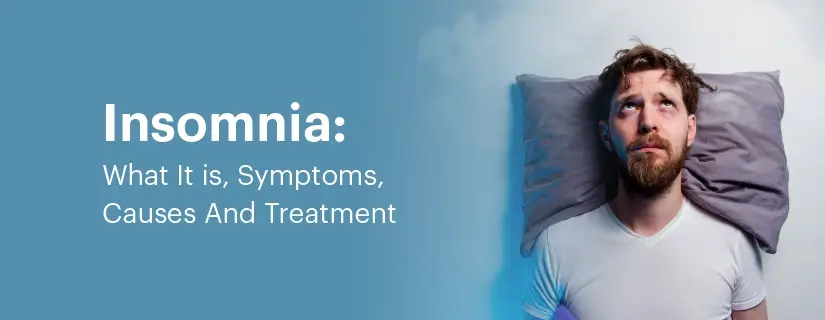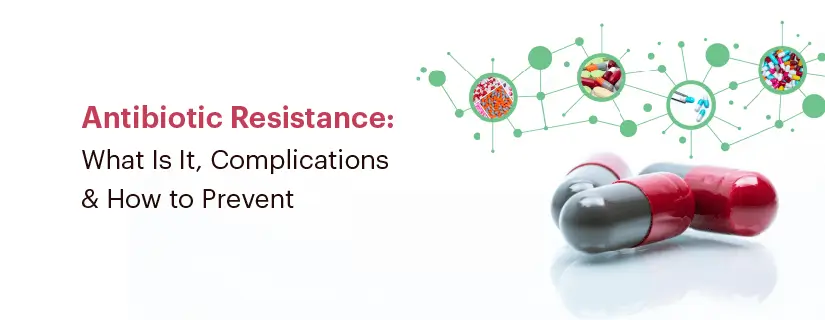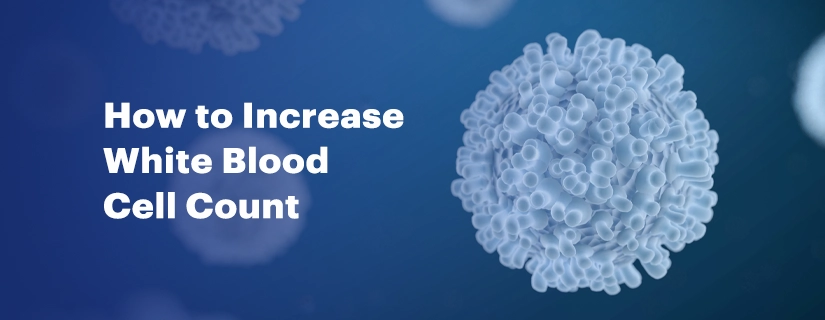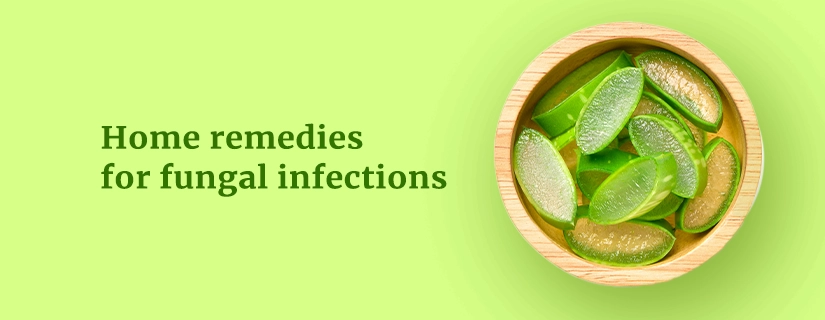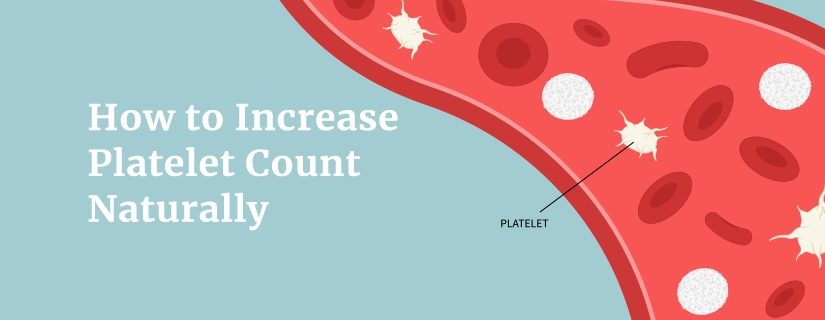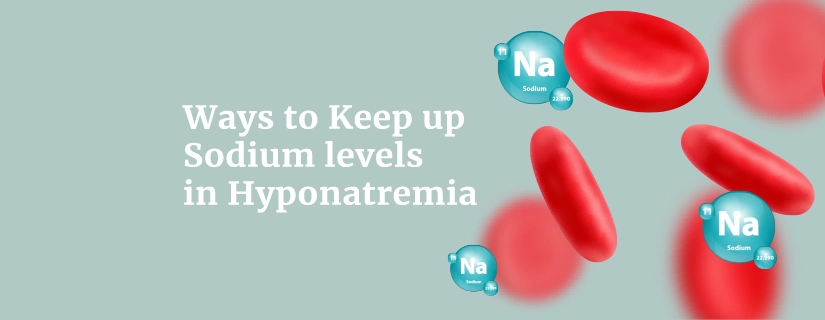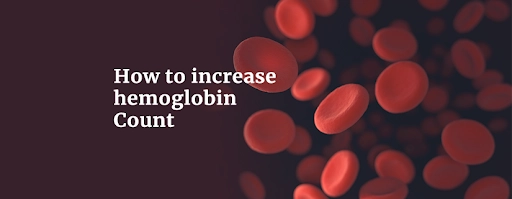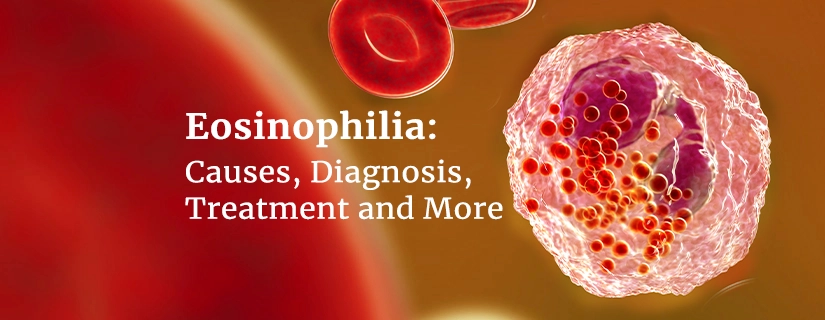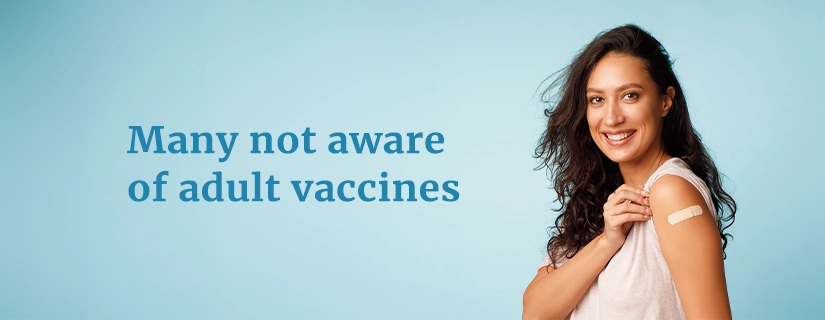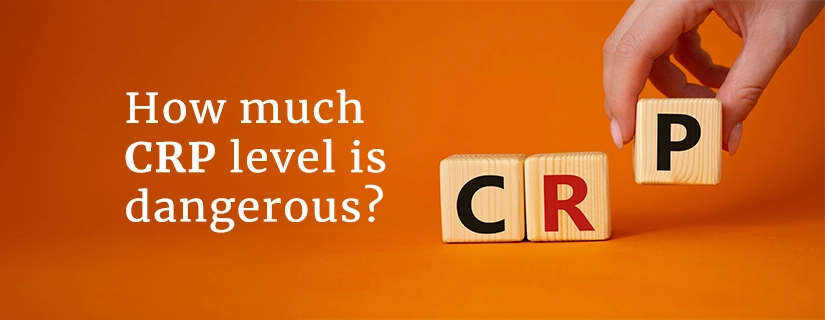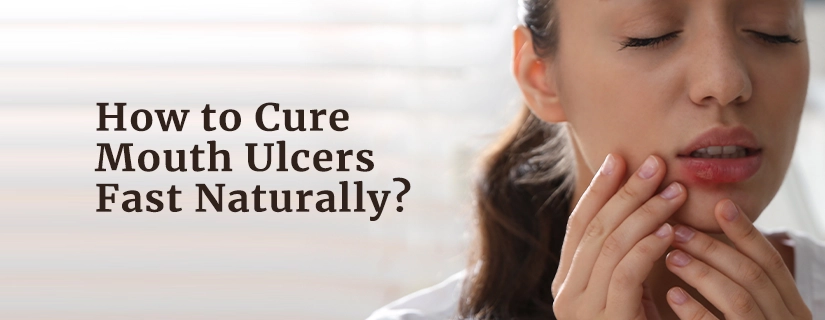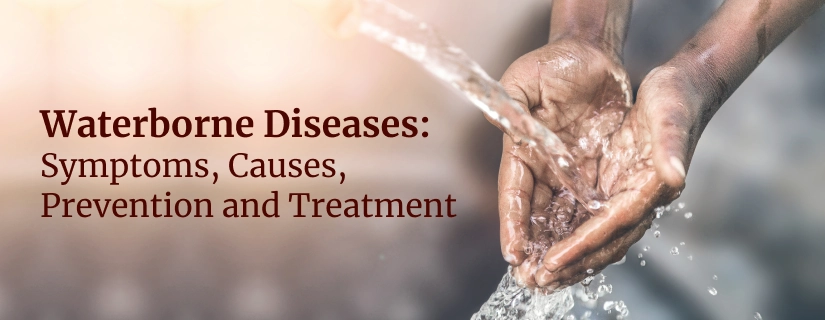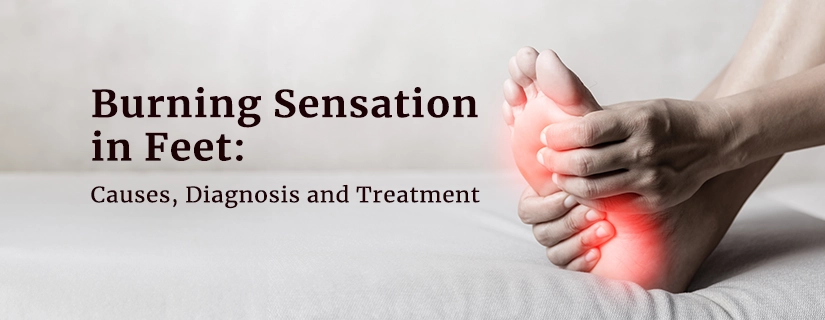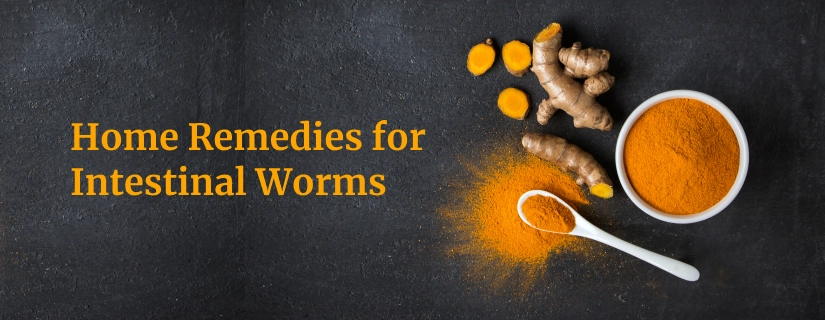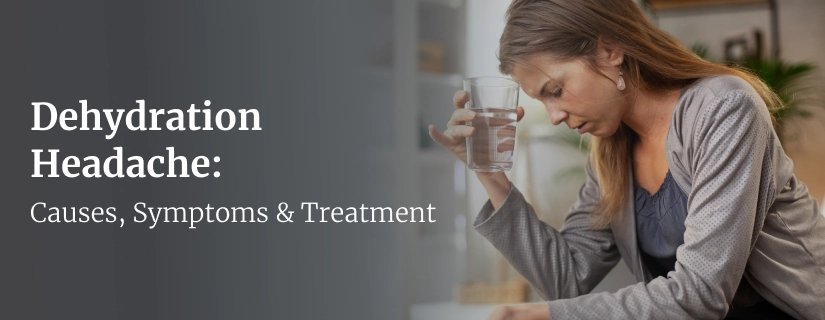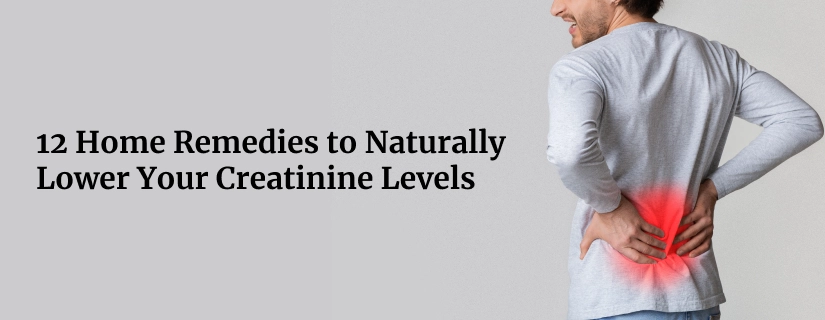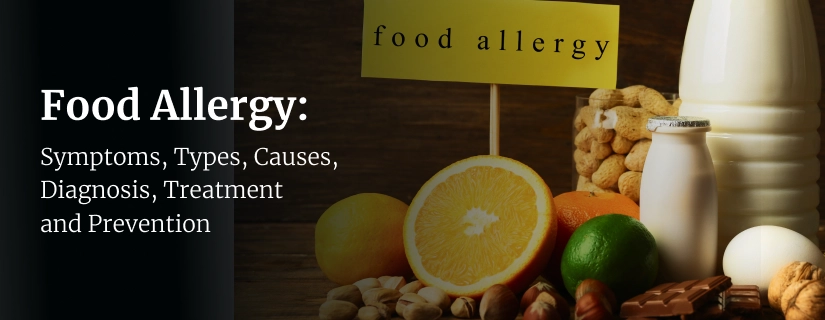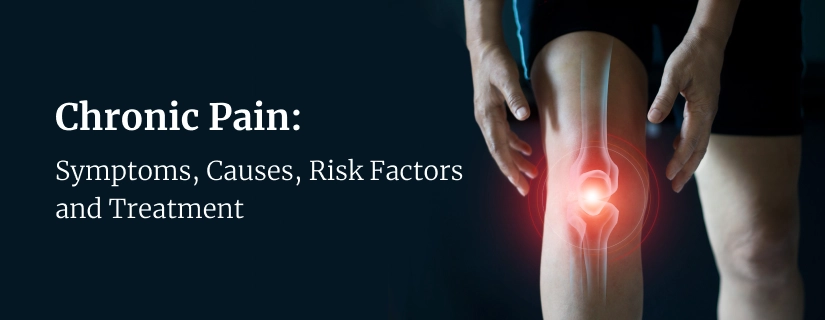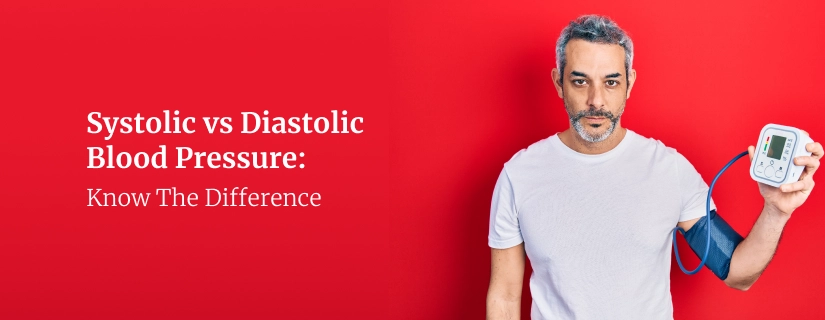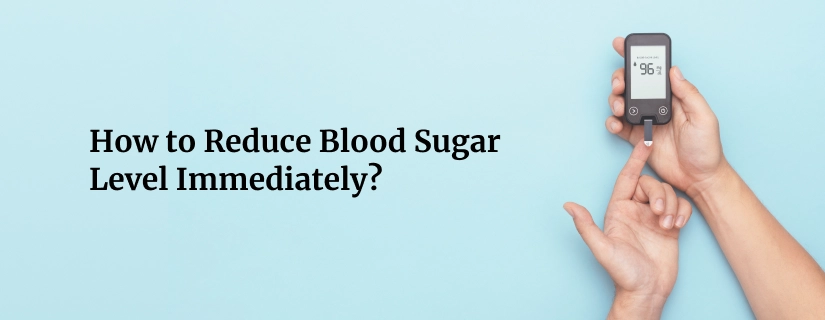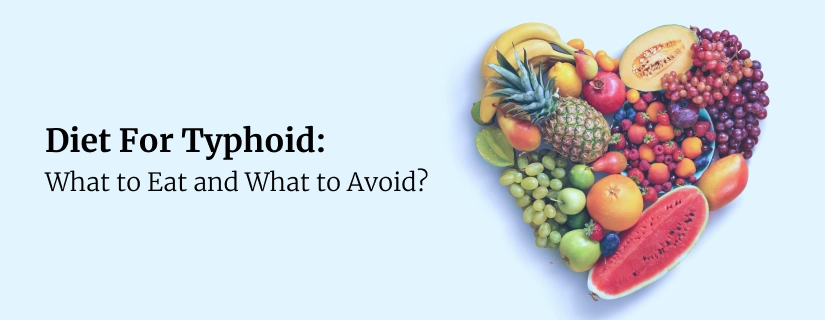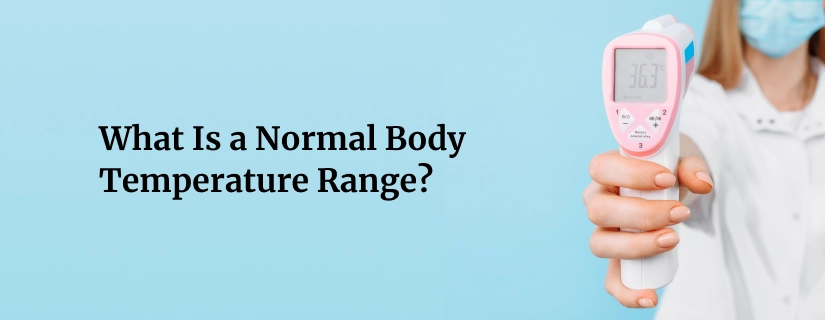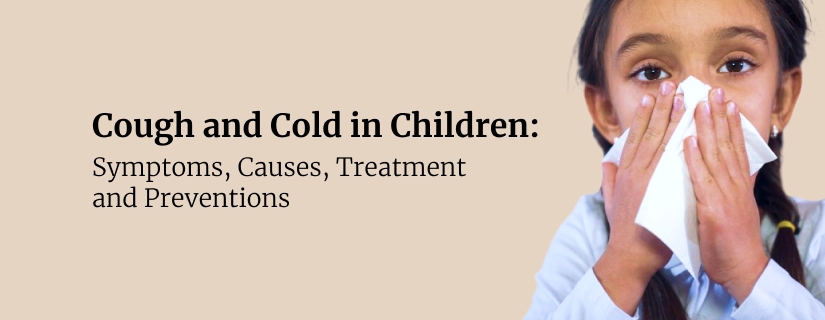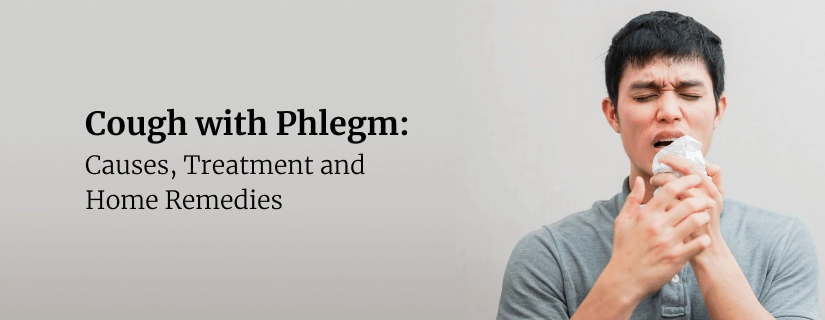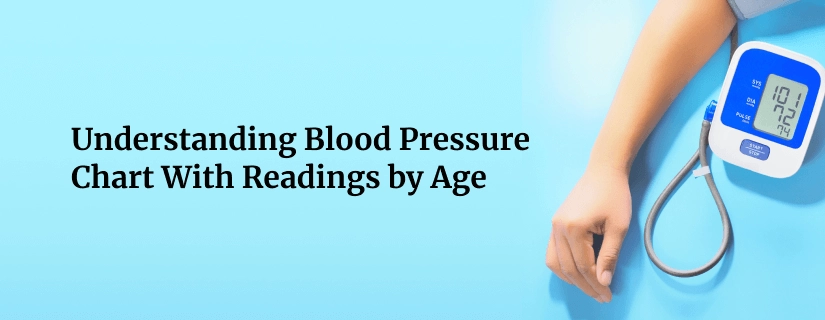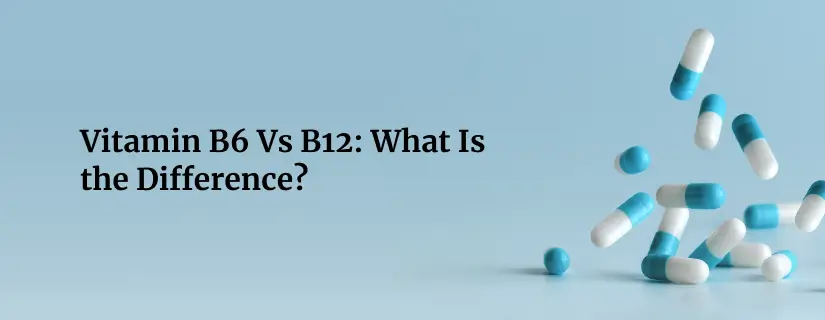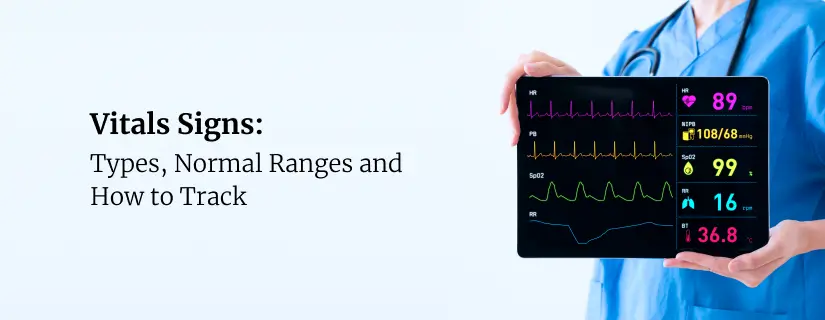-
Doctors
-
Specialities & Treatments
Centre of Excellence
Specialties
Treatments and Procedures
Hospitals & Directions HyderabadCARE Hospitals, Banjara Hills CARE Outpatient Centre, Banjara Hills CARE Hospitals, HITEC City CARE Hospitals, Nampally Gurunanak CARE Hospitals, Musheerabad CARE Hospitals Outpatient Centre, HITEC City CARE Hospitals, Malakpet
HyderabadCARE Hospitals, Banjara Hills CARE Outpatient Centre, Banjara Hills CARE Hospitals, HITEC City CARE Hospitals, Nampally Gurunanak CARE Hospitals, Musheerabad CARE Hospitals Outpatient Centre, HITEC City CARE Hospitals, Malakpet Raipur
Raipur
 Bhubaneswar
Bhubaneswar Visakhapatnam
Visakhapatnam
 Nagpur
Nagpur
 Indore
Indore
 Chh. Sambhajinagar
Chh. SambhajinagarClinics & Medical Centers
Book an AppointmentContact Us
Online Lab Reports
Book an Appointment
Consult Super-Specialist Doctors at CARE Hospitals
How does immunization work?
Updated on 19 April 2022
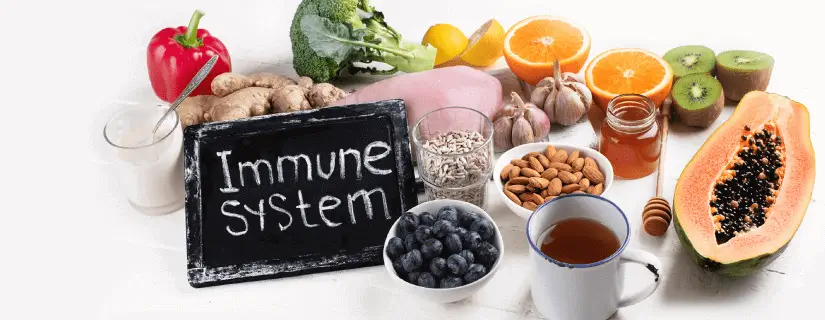
The immune system protects us against harmful organisms. It is the one that can identify the harmful organisms from the useful organisms and take action against the harmful organisms to protect us from diseases. It is a natural process and the immune system helps to prevent the entry of a pathogen such as a bacteria, virus, or parasite into our body. When an immune system finds a harmful invader inside the body, it produces antibodies to fight against the harmful pests. You must eat healthy foods to keep your immune system strong and protect your body against harmful disease-causing germs.
Our body consists of immune cells or disease-fighting cells called lymphocytes. Immunization is a way of producing antibodies specific to a germ for preventing a particular disease. In this article, we will discuss how immunisation vaccines or vaccines help to protect your body.
The action of your immune system
The immune system is made up of different organs, tissues, and cells that work collectively to protect your body against harmful germs and diseases. When a harmful pathogen, for example, a virus, bacteria, or pathogen attacks your body, the immune system will come into action.
The immune system will recognize the harmful pathogen as not belonging to your body. The immune system will start producing antibodies to fight against harmful pathogens. You may start experiencing the symptoms of the disease but your immune system will help to recover quickly by producing antibodies.
The immune system will keep the nature of germs in its memory so that if the same germs attack your body in the future it will quickly recognize them and destroy them before they produce any symptoms in your body. Different cells in the body that act as immune modulators and protect us against harmful germs include the following,
- Macrophages: These are WBCs or white blood cells that eat away the harmful germs. Some parts of invading pathogens are left behind which are known as antigens. Antigens are harmful to the body and therefore the immune system produces antibodies to fight against the antigens.
- B-lymphocytes: These are also WBCs or white blood cells that are known to release antibodies to fight against the antigens.
- T-lymphocytes: These are also immune cells in the body that destroy the infected cells.
When a pathogen enters your body for the first time, it may take many days to use different immune cells for fighting against the germ. After the first infection gets over, your immune system memorizes the nature of harmful pathogens for the future and acts quickly when the infection occurs a second time in your body.
Working of vaccines in the body
Vaccines are administered to develop immunity against specific germs. They help the immune system to release T-lymphocytes and specific antibodies against germs. Sometimes, people experience mild symptoms such as body aches, and fever after vaccination. It is a normal reaction of your body that helps in building immunity.
Once the symptoms go away, your body will have a memory of T-lymphocytes and B-lymphocytes to remember to fight against a particular disease anytime. T-lymphocytes and B-lymphocytes take a few weeks to produce specific antibodies after vaccination. Therefore, it may happen that if a person gets infected by the germs before vaccination may experience the symptoms of the disease. In such cases, you must consult the Best Pediatrician in Hyderabad.
Different vaccines available in the market
Developing vaccines depends on numerous factors. The most important types of vaccines available include the following,
- Live attenuated vaccines: These vaccines help to fight against bacteria and viruses. They consist of a strain of a living bacteria or virus that is made weak to prevent the production of serious symptoms of a disease in healthy individuals. For example, diseases such as chickenpox, measles, etc are protected by giving vaccines with live attenuation.
- Inactivated vaccines: They are also useful for fighting against bacteria and viruses. The vaccines are prepared by killing or inactivating the germs while producing a vaccine. For example, a polio vaccine comes under this category. They build immunity differently and several doses may be given to boost immunity against the germs.
- Toxoid vaccines: These vaccines are useful for protecting against bacterial diseases. They help to protect against the diseases in which bacteria produce toxins inside the body. The vaccines are prepared by weakening the toxins so that they could not produce disease symptoms. Weakened toxins help your immune system fight against the active toxin. For example, tetanus toxoid comes under the category of toxoid vaccines.
Natural immunity is no doubt better than the immunity provided by immunization. But, some disease-causing germs produce deadly effects on the body. Our immune system is not able to protect us against all types of germs. Proper vaccination is needed to protect against the harmful effects of disease-causing germs. Therefore, vaccines help to protect your body against the harmful effects of disease-causing germs.
If you have any health-related queries, contact the specialists at CARE Hospitals, the Best Hospital in Hyderabad.

ENQUIRY FORM
SELECT CATEGORIES
-
Neurosciences (16)
-
Neurology (37)
-
Neurosurgery (14)
-
Orthopaedics (48)
-
Oncology (33)
-
Obstetrics and gynecology (52)
-
Pulmonology (23)
-
Urology (20)
-
Nephrology (13)
-
Psychiatry (7)
-
Dietetics and Nutrition (111)
-
General Medicine (63)
-
Cardiac Sciences (32)
-
Vascular & Endovascular Surgery and Interventional Radiology (15)
-
Gastroenterology (46)
-
Endocrinology (23)
-
Plastic Surgery (10)
-
Critical Care Medicine (5)
-
COVID-19 (16)
-
Dermatology (16)
-
Emergency Care (1)
-
Ophthalmology (4)
-
Pediatrics (14)
-
Laparoscopic and Bariatric Surgery (8)
-
ENT (15)
-
Kidney Transplant (1)
-
Liver Transplantation and Hepatobiliary Surgery (5)
-
General Surgery (3)
-
Internal Medicine (5)
-
Medicine Information
Symptoms, Causes, and Foods to avoid in Viral Fever
10 Reasons to Get Vaccinated
YOU MAY ALSO LIKE
RECENT BLOGS
-

Preterm Birth (Premature Birth): Symptoms, Causes, Treatment and Prevention
13 May 2025
Read More
-

Rotablation Angioplasty: Benefits, Treatments, And Recovery Time
9 May 2025
Read More
-

What Is The Difference Between IUI and IVF?
9 May 2025
Read More
-

Venous Malformations: Causes, Symptoms, and Treatment
30 April 2025
Read More
-

Varicose Vein Foam Sclerotherapy: Treatment, Benefits, and Procedure
30 April 2025
Read More
-

Radiofrequency (RF) Ablation Treatment for Varicose Veins: Know More
30 April 2025
Read More
-

Varicose Vein Sclerotherapy: Treatment, Benefits, and Procedure
30 April 2025
Read More
-

Varicose Vein Endovenous Laser Ablation: Procedure, Benefits, Risks
30 April 2025
Read More
Have a Question?
If you cannot find answers to your queries, please fill out the enquiry form or call the number below. We will contact you shortly.



